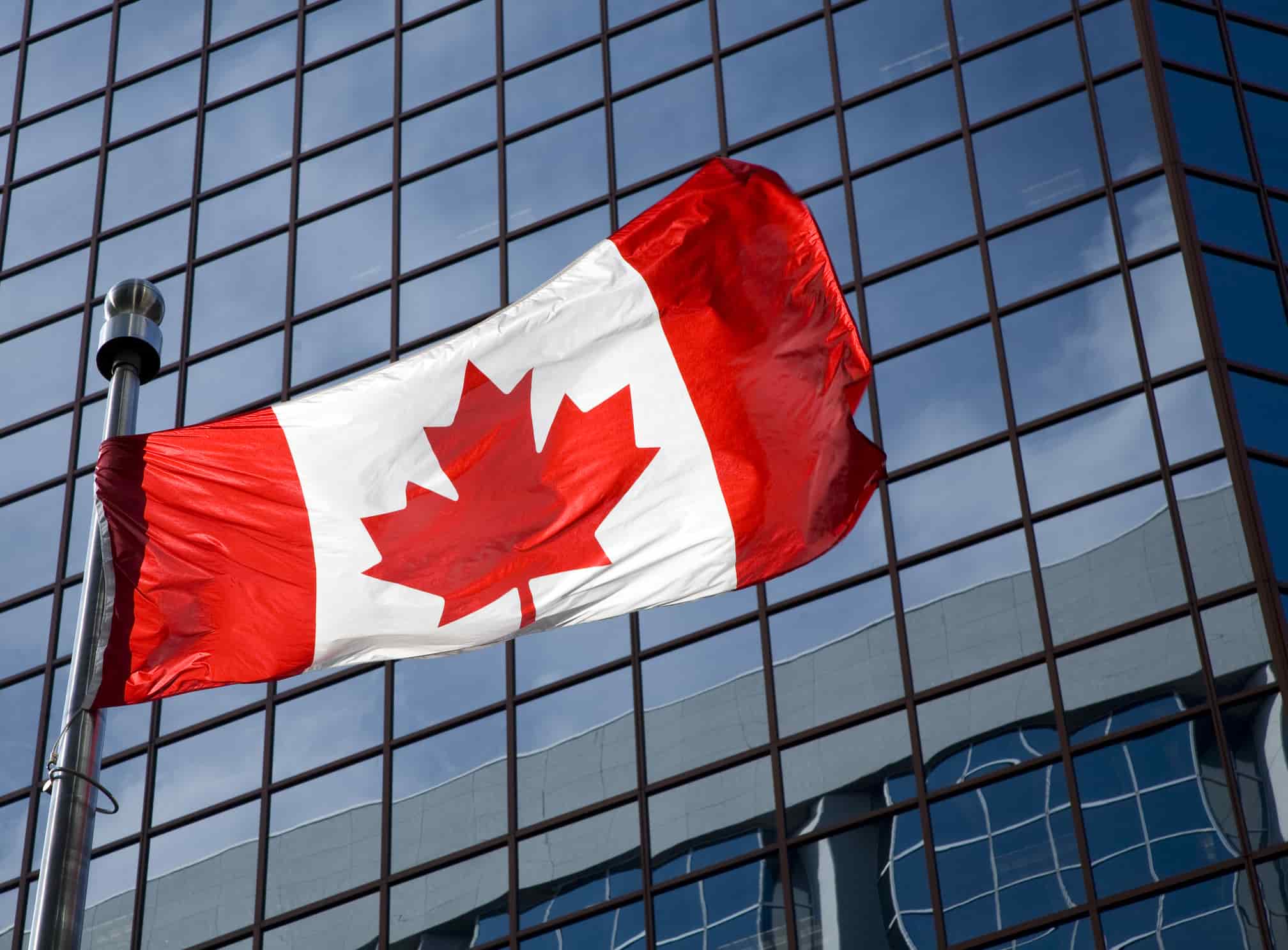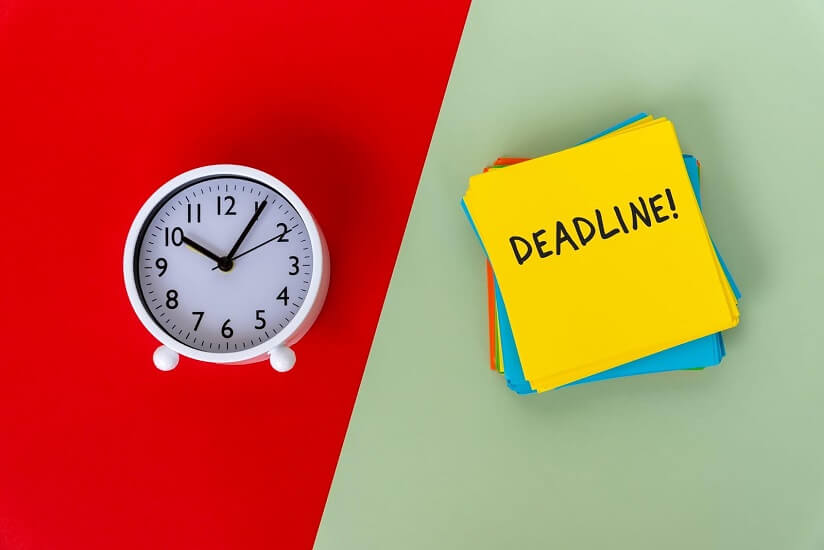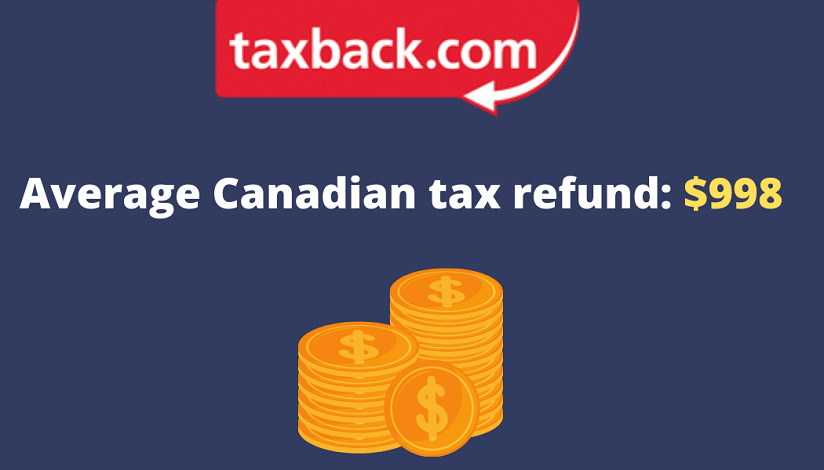
Updated On: 04.03.2022
Tis the season – The Canadian tax season!
And if you’ve only recently moved to Canada on a working holiday, you may be unsure of what your tax requirements are. Here you will find useful information, such as:
- I’m a working holidaymaker in Canada, do I have to file a tax return?
- How much tax will I pay in Canada?
- Am I a non-resident or resident for tax purposes?
- What do I need to have in order to file a tax return?
- How do I file a Canadian tax return?
- When is the 2022 tax deadline?
- What happens if I don’t file my tax return?
- How has COVID-19 affected tax filing requirements?
- Can working holiday makers claim a tax refund?
- How much Canadian tax can I get back?
- How long will it take to get my tax refund?
- Who can help me claim my Canadian tax refund?
So with that in mind, whether this is your first working holiday or you’re a seasoned non-resident in Canada, we’ve put together this survival guide to help you navigate the tax season!
I’m a working holidaymaker in Canada, do I have to file a tax return?
Yes. You should file a tax return if you have worked and paid tax in Canada.
The purpose of filing a tax return is to ensure the correct amount of tax has been deducted from your income during the tax year.
When filing your Canadian tax return, you must declare all of the income you have earned in 2021.
In short, if you have an underpayment on your tax bill you are legally required to file and pay the balance to the CRA.
Meanwhile, thousands of working holidaymakers in Canada are entitled to claim a tax refund each year. Happy days!
You must file your tax return in order to claim your refund. The average working holiday tax refund is $998 so it is definitely worth checking how much you’re owed.
Ready to claim a tax refund from Canada?
How much tax will I pay in Canada?
Your earnings may be subject to income tax of between 15-29%. There is a tax-free allowance of up to $13,808 for the 2021 tax year which you don’t have to pay tax on. This amount increases each year.
Income above this amount is taxable at 15% on the first $49,020. There are also provincial tax rates which means the tax you pay will depend on the province you live in.

Am I a non-resident or resident for tax purposes?
It’s important that when you file your Canadian tax return that you do so under the correct residency status. Failure to do this could lead to complications with the Canadian tax authorities.
It’s likely that if you are a working holidaymaker in Canada, you are considered a non-resident for tax purposes.
You are a non-resident for tax purposes if you:
- normally live in a different country and are not considered a Canadian resident
- have no significant residential ties related to Canada
- lived outside of Canada during the tax year
- lived in Canada for less than 183 days within the tax year
- are on a one or two-year working holiday visa, planning to return home once your visa expires
Register for your WHC Jobs Kit for lists of the top ski resort employers in BC and Alberta, our working holiday jobs search tool and much more!
What do I need to have in order to file a tax return?
In order to file your Canadian tax return you will need your Social Insurance Number (SIN). This is a nine-digit number that will be used by government agencies as a form of identification.
You will also need a T4. This is an information slip prepared and given to you by your employer. This outlines the amount of employment income you earned during the tax year and the tax that was deducted from your income.
You will receive a T4 from each employer you worked for during the tax year. You should have received your T4 by the end of February, if not you should get in touch with your employer and ask them to send it to you!
If you leave Canada during the tax year, you will still receive your T4 for the months you worked in the country.

How do I file a Canadian tax return?
Of course, you could always file your Canadian tax return directly with the Canadian tax authorities!
But why put the stress and hardship on yourself?
Why not let Taxback.com do it for you?
Canadian tax can be complicated and Taxback.com can ensure you comply fully with Canadian tax regulations and receive your maximum legal refund!
They will handle all of the paperwork and offer you a stress-free, online service!
When is the 2022 tax deadline?

The deadline for filing a tax return for the 2021 tax year is 2 May 2022.
However, you don’t have to wait until April to file your Canadian tax return! You can file before this date and get ahead of the queue!
However, only residents and immigrants in Canada are allowed to apply online. All non-residents and emigrants from Canada should file their income tax returns by mail.
Ready to claim your tax refund from Canada?
What happens if I don’t file my tax return?
If you don’t file your tax return you may incur fines or penalties from the Canadian Revenue Agency.
You may also jeopardize your future Canadian visa applications.
However, if you are due a refund or you don’t owe any tax to the CRA, you will not face penalties if you apply past the deadline!
How has COVID-19 affected tax filing requirements?

If you received any Covid-19 emergency/recovery benefits in 2021 you must include these in your tax return. These benefits include:
- Canada Emergency Response Benefit (CERB)
- Canada Emergency Student Benefit (CESB)
- Canada Recovery Benefit (CRB)
- Canada Recovery Sickness Benefit (CRSB)
- Canada Recovery Caregiving Benefit (CRCB)
As Covid-19 has made remote working the norm for many of us in the past year, but did you know you can claim a deduction for work from home expenses this year?
This applies to you if you worked remotely for more than half of your work hours over at least four consecutive weeks during 2021. The maximum rebate for working from home is $400.
Read Also:
How has COVID-19 Affected Working Holiday Makers In Canada?
Can working holiday makers claim a tax refund?
Many employees – including working holidaymakers and international students – overpay on their tax bill each year and are due a big tax refund!
You may be due tax back if:
- You overpay income tax
- You overpay the Canadian Pension Plan
- You overpay Employer Insurance
You may be able to increase your tax refund and minimise your tax bill if you claim for certain expenses!
It is vital to keep your receipts for these expenses safe so you have proof when it comes to filing your tax return!
Depending on your personal circumstances, there is a range of expenses you could claim tax relief for, including:
- Medical expenses
- Tuition expenses
- Donations
- Union dues
How much Canadian tax can I get back?
The average Taxback customer’s Canadian tax refund is $998. You can get a free no-obligations assessment from Taxback to get an estimate of how much you’re owed!
Many working holiday makers in Canada are entitled to claim bulky tax refunds!

The amount you can claim back depends on:
- Your work permit in Canada
- Your earnings and tax deductions
- The duration of time that you have worked in Canada
- How many employers you had during the tax year
How long will it take to get my tax refund?
The average Canadian tax refund for non-resident can take between three to six months to be processed. This will depend on how busy the Canadian tax office is!
Once Taxback receives your refund, they will contact you to ensure you get the money as soon as possible!
As soon as you send your documents to Taxback, it will take them one working week to file your tax return. This involves:
- Receiving and checking the documents uploaded to the system
- Estimating your refund
- Completing your forms
- Sending them to the Canadian tax office
Who can help me claim my Canadian tax refund?
If you need to file a tax return for the 2021 tax season, Taxback can do it for you!
Why choose Taxback?
- Average Canadian tax refund is $998
- Complete online communication- there is no need to go to an office or mail your forms.
- Help with optimizing your tax deductible expenses
- Fast and stress-free service
- Misplace your documents? We can track them down for you
- Personal Online Account & Tax Agent
- 24/7 support for your tax question
Want to claim a tax refund from Canada?






